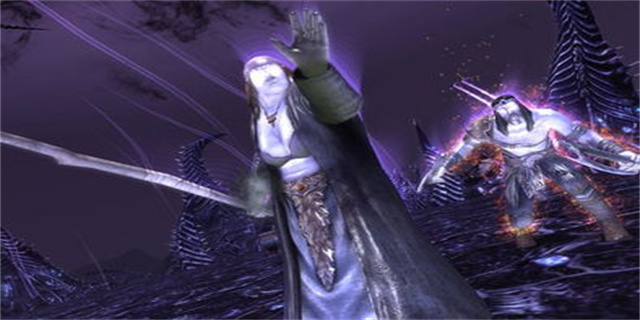The Tragic Downfall of a Divine Being
Introduction:
Angels, divine beings often associated with goodness and purity, are believed to possess immense power and beauty. However, there exists a phenomenon known as the \"fallen angel\" - an angelic being who has succumbed to darkness and lost their divine status. In this article, we explore the concept of fallen angels, their significance in various mythologies and literature, and the reasons behind their tragic downfall.

Unveiling the Mythological Origins of Fallen Angels:
In numerous mythologies, the concept of fallen angels is deeply ingrained. One prominent example is found in Judeo-Christian belief, where it is believed that a powerful angel named Lucifer rebelled against his creator, God, and was cast down from heaven, taking on the name Satan. This story of the archangel's defiance and ultimate fall from grace provides a cautionary tale about the consequences of pride and disobedience. Similarly, in Greek mythology, the figure of Prometheus, who stole fire from the gods and gifted it to humanity, can be seen as a metaphor for a fallen angel who defied divine order and suffered eternal punishment. These mythological tales of fallen angels highlight the tragic nature of their downfall and the irrevocable loss of their heavenly status.

Fallen Angels in Literature and Art:
The theme of fallen angels has captivated the imaginations of countless writers and artists through the ages. An iconic example is John Milton's epic poem, \"Paradise Lost,\" which portrays the story of Satan's fall from heaven and his subsequent attempt to corrupt humanity. In this literary masterpiece, Milton explores complex themes of free will, disobedience, and redemption, offering readers a deeper understanding of the motivations behind the fallen angel's choices. Another notable work is Nathaniel Hawthorne's short story, \"Young Goodman Brown,\" which delves into the psychological effects of encountering fallen angels and the temptation to succumb to darkness. These literary works and many others serve as a timeless reminder of the allure and tragedy surrounding the concept of fallen angels.
The Tragic Downfall: Exploring the Reasons:
While the precise reasons for a fallen angel's descent may vary across mythologies and literary works, several common themes can be discerned. One significant factor is the corruption of power and unchecked hubris. As angels possess immense power, it is often their pride and desire for independence that contribute to their downfall. The allure of ruling over one's own domain and being free from the constraints of divine order can be irresistibly tempting. Additionally, feelings of jealousy or rivalry towards other divine beings, such as humans or other angels, can also play a role in the fallen angel's tragic fate. Ultimately, the tragic downfall of a fallen angel serves as a cautionary tale, reminding us of the dangers of unchecked desires and the consequences of abandoning one's virtuous nature.
Conclusion:
The concept of the fallen angel has left an indelible impact on human imagination, inspiring numerous mythologies, literary works, and artistic representations. Whether it be through the story of Lucifer's rebellion or the timeless poems and novels that explore the theme, fallen angels elicit both fascination and empathy. Their tragic downfall serves as a sobering reminder of the delicate balance between power and humility, and the consequences that await those who succumb to darkness. The fallen angel archetype continues to captivate us, inviting contemplation on the complexities of good and evil, free will, and the eternal struggle within the human condition.

















